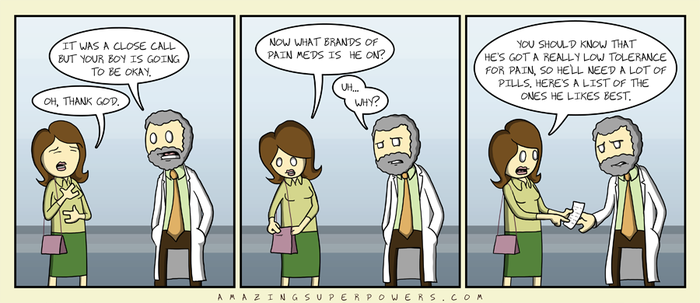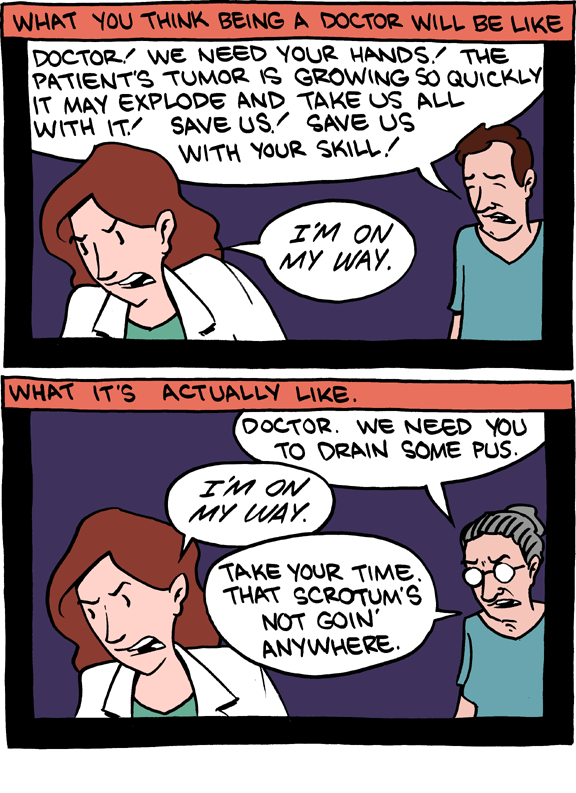There’s always an element of mystery about a hospital.
Patients will enter with a vague sense of uncertainy and unease, a nagging certainty that something is wrong but they dont know what. Having moved beyond their problem solving abilities, they turn to an authority, the physician. For some, the answers come easily: You have disease/condition x, the treatment is drug y which you have seen on tv, take it for 2 weeks and then you will be cured.
For others the suspense drags on: muttering in the hallways outside the patients room, increasing numbers of specialty consultants, treatment changes day after day. Oftentimes a mere 10 minutes to speak with the physician, hoping to obtain the medical equivalent of a facebook status update-Bob’s weakness is improving, Jack’s liver needs to be replaced, want to share your lab results with friends and family?
And through it all, the doctor is seen as the man behind the curtain, the conductor of a veritable symphony of nurses, techs, equipment and labs. After all, solving mysteries is what we do, isn’t it. CSI: You. Feeling weak? check the blood. Vomiting? scan the belly. Fevers? get a lumbar puncture and start some vancomycin. In internal medicine, the deepest satisfaction often comes from solving the mystery of you. Many treatment are simple enough once we have an idea of what’s going on.
Coming in to the hospital every day, wondering what you will see, when you will figure it out, can it be beaten; it can be exciting for quite a while. But eventually all heart attacks, all strokes, all tumors look the same. The answer to diabetes is always better sugar control, the eventual outcome of cirrhosis is always poor. So how do you keep the magic/mystery alive?
By focusing in on the details. Yes, every heart attack gets treated with aspirin, but Cindy’s ischemia was caused by cocaine, Ethel’s by clogged arteries from an all bacon diet, and Ricky’s by being shot. Identifying and treating the condition makes you a good doctor. Remembering the person makes you a great one.
Which one am I? Which will I become?
I guess there are a few mysteries left to unravel after all.


Recent Comments